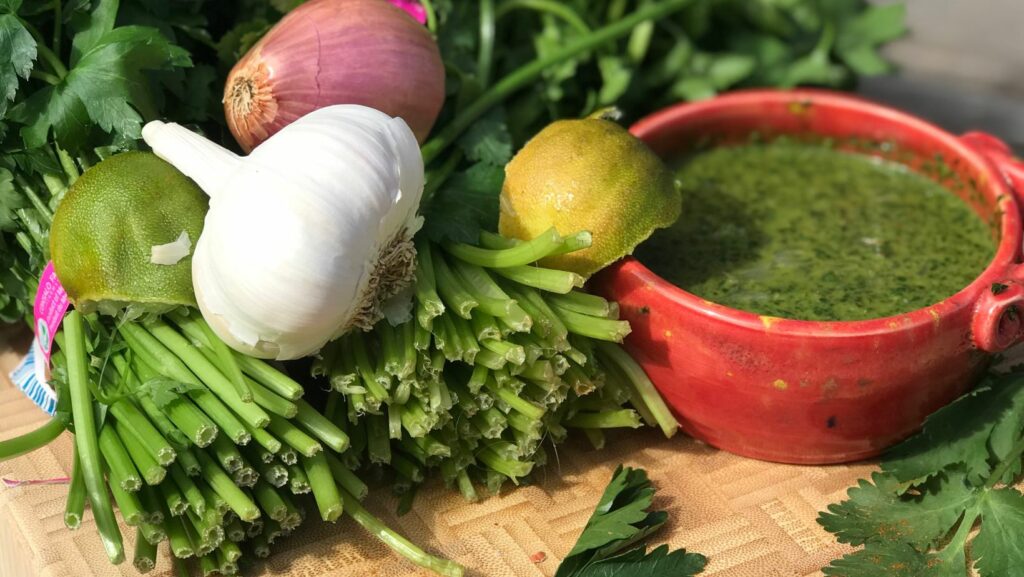Essential Soup Ingredients

There’s something undeniably comforting about a steaming bowl of soup. Whether it’s a hearty stew or a delicate broth, the right blend of ingredients can transform a simple dish into a culinary masterpiece. But what exactly makes a soup truly exceptional? It all starts with the essentials.
From the humble onion to aromatic herbs, essential soup ingredients lay the foundation for flavor and depth. These core components not only enhance the taste but also provide the nourishment that makes soup a beloved staple around the world. With the right mix of fresh produce, spices, and proteins, anyone can create a delicious bowl that warms both the body and soul.
Understanding these key ingredients can elevate your soup-making skills and inspire creativity in the kitchen. Join us as we explore the building blocks of great soups and discover how each element contributes to crafting the perfect pot of comfort.
Importance Of Essential Soup Ingredients
Essential ingredients lay the foundation for great soup, enhancing both flavor and nutrition. Onions, for example, add depth and sweetness when sautéed, creating a rich base. Fresh produce like carrots and celery introduce natural sweetness and texture, balancing other flavors. Herbs such as thyme and parsley impart aromatic intensity, elevating the soup’s complexity.

Spices like cumin and black pepper enhance taste profiles, adding warmth and a hint of zest. Proteins, whether chicken or lentils, contribute heartiness and substance, making the soup more filling and nutritious. Each component plays a crucial role; without these fundamental elements, soups may lack cohesion and depth, resulting in a less satisfying dish. By understanding these ingredients, cooks can create balanced, flavorful soups that delight the palate.
Common Base Ingredients
Common base ingredients set the foundation for a delicious and flavorful soup. By starting with these elements, cooks ensure a rich and satisfying result.
Broth And Stock
Broth and stock form the liquid foundation of many soups. They can be made from chicken, beef, or vegetables and are often simmered for hours to extract flavors. Broth incorporates meat and bones, creating a lighter base. Stock, which uses bones, provides a richer, more robust taste due to the gelatin released during cooking. Homemade versions allow for control over salt and seasoning levels, and the use of aromatic vegetables such as carrots and onions enhances the depth of flavor.
Aromatic Vegetables
Aromatic vegetables include onions, garlic, and celery. They act as flavor enhancers when sautéed at the beginning of cooking. Onions offer sweetness and depth, while garlic contributes a pungent warmth. Celery adds a subtle bitterness and fresh aroma. These ingredients create a savory base that supports the rest of the soup’s flavors, making them indispensable in many recipes. When paired correctly, they also provide balance and complexity to the overall taste profile.
Key Flavor Enhancers
Flavorful soups rely on more than just foundational ingredients. Key enhancers transform basic soups into complex culinary experiences. Understanding what elevates a soup’s taste is vital.
Herbs And Spices
Herbs and spices are critical in enriching soup flavors. Thyme and rosemary introduce earthy tones that complement root vegetables. Basil infuses a sweet, peppery aroma, ideal for tomato-based soups. Spices like cumin offer a warm, nutty profile, while smoked paprika adds a hint of smokiness and color. Using both fresh and dried herbs allows cooks to control intensities easily and adjust seasoning to taste.
Condiments And Seasonings
Condiments and seasonings create depth and highlight other ingredients. Soy sauce offers umami and saltiness, perfect for brothy soups. A splash of vinegar, such as balsamic or apple cider, adds acidity and balance to richer flavors. Salt enhances the natural tastes of other components, while freshly ground black pepper provides a mild kick. The strategic use of these elements ensures layers of flavor and culinary harmony in any soup.

Understanding the essential ingredients that enhance the quality of soup is key to crafting dishes that are both comforting and flavorful. By incorporating foundational components like aromatic vegetables, herbs, and proteins, cooks can create soups that are rich in taste and nutrition. The strategic use of spices and condiments adds depth, whole grains and legumes contribute texture and heartiness. Whether opting for a traditional meat-based broth or a plant-based alternative, each ingredient plays a crucial role in transforming a basic soup into a culinary delight.

